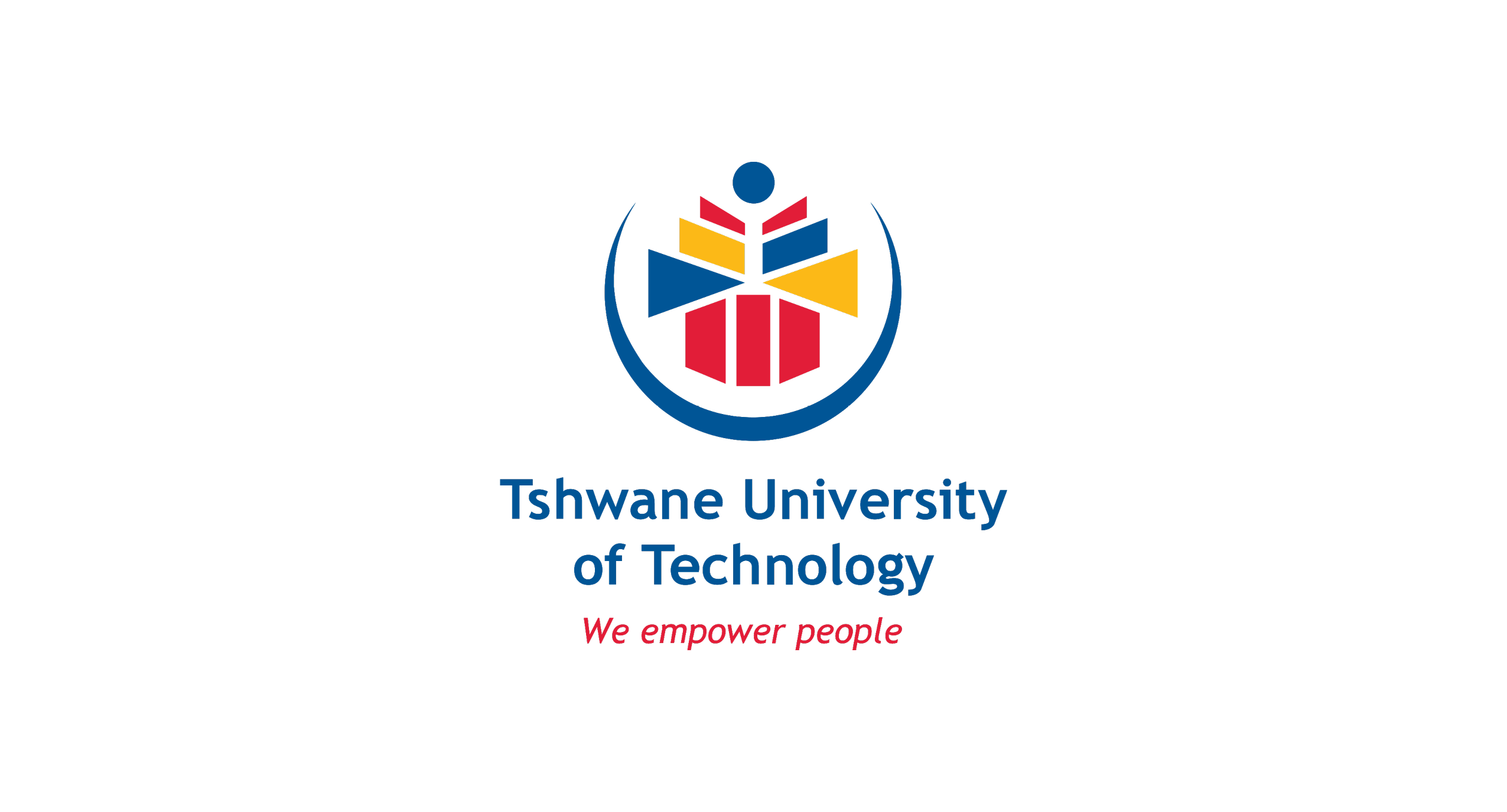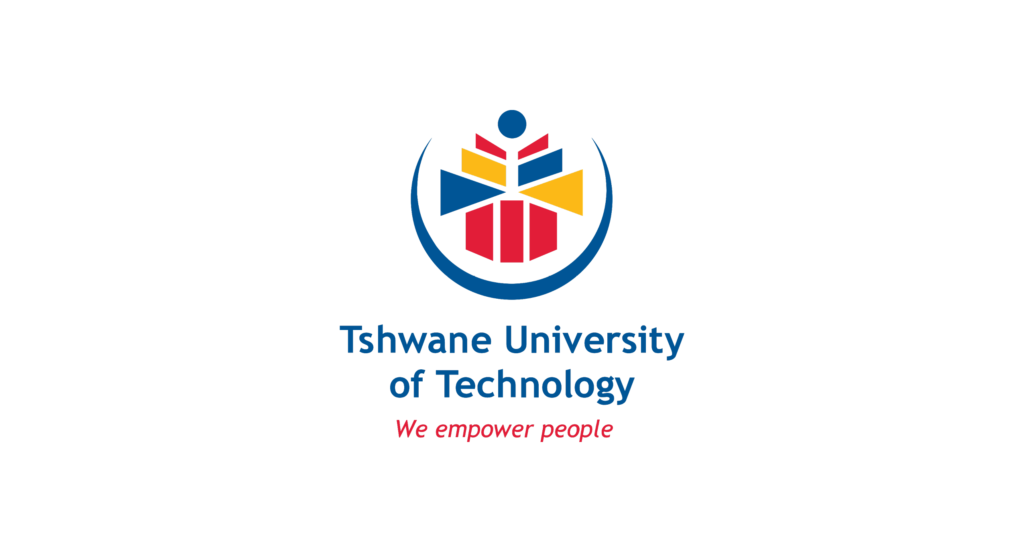University of Western Cape LLB Requirements
The University of the Western Cape (UWC) is renowned for its robust law programs. If you’re looking to pursue a Bachelor of Laws (LLB) at UWC, understanding the admission requirements is crucial. This blog post will detail the necessary qualifications and steps to apply for the LLB program at UWC.
General Admission Requirements for UWC LLB
To apply for the LLB program at UWC, applicants must meet specific academic and non-academic criteria. Below are the general admission requirements:
Academic Qualifications
National Senior Certificate (NSC)
- Minimum APS: 30 points
- Subjects Required:
- English Home Language or First Additional Language: 4 (50-59%)
- Mathematics or Mathematical Literacy: 3 (40-49%) or 4 (50-59%) respectively
Senior Certificate (Pre-2008)
- Minimum M-Score: 12 points
- Subjects Required:
- English: D (Higher Grade) or C (Standard Grade)
Alternative Admission Routes
Recognition of Prior Learning (RPL)
UWC offers RPL for applicants who do not meet the traditional academic requirements but possess relevant work experience or other qualifications. This process involves an assessment to determine eligibility.
Transfer Students
Students from other universities can apply for transfer into the UWC LLB program. Transfer applicants must provide academic transcripts and a letter of good standing from their current institution.
Application Process for UWC LLB
Step-by-Step Guide
Step 1: Online Application
Complete the online application form on the UWC website.
Step 2: Submission of Documents
Submit certified copies of the following:
- ID document
- Academic transcripts
- NSC or Senior Certificate
Step 3: Application Fee
Pay the non-refundable application fee. The fee amount and payment details are available on the UWC website.
Step 4: Await Response
After submitting the application, wait for a response from the UWC admissions office. You may be invited for an interview or additional assessment.
Additional Requirements and Considerations
Language Proficiency
All applicants must demonstrate proficiency in English. Non-native English speakers may need to provide proof of English language proficiency through standardized tests such as TOEFL or IELTS.
Financial Considerations
Prospective students should also consider tuition fees, accommodation costs, and other related expenses. Financial aid and scholarships are available for eligible students. Visit the UWC Financial Aid Office for more information.
Understanding the requirements for the University of Western Cape LLB program is the first step towards a successful application. For more detailed information and guidance, visit the official UWC admissions page or check out the comprehensive resources available on Requirements.co.za for additional insights.
By fulfilling these criteria and following the application process diligently, you can secure a place in one of South Africa’s prestigious law programs and embark on a rewarding legal career.

